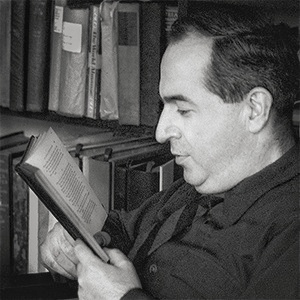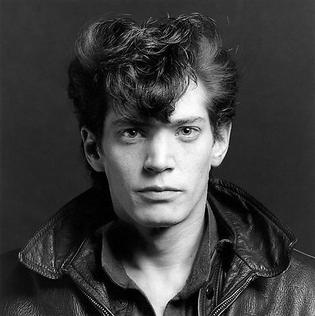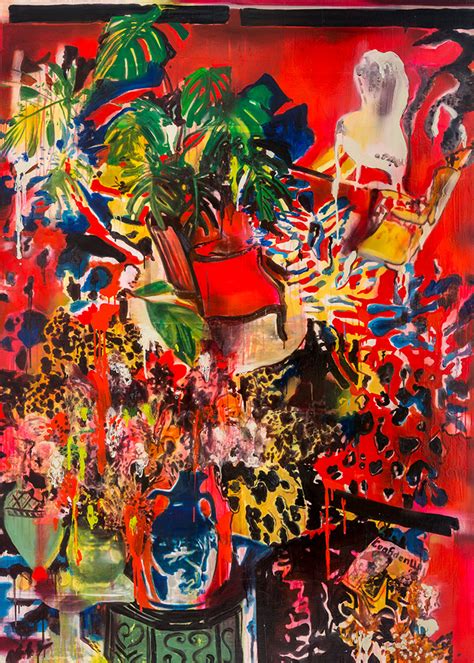A Quote by Honore de Balzac
Thinking is seeing.... Every human science is based on deduction, which is a slow process of seeing by which we work up from the effect to the cause; or, in a wider sense, all poetry like every work of art proceeds from a swift vision of things.
Related Quotes
Art and poetry cannot do without one another. Yet the two words are far from being synonymous. By Art I mean the creative or producing, work-making activity of the human mind. By Poetry I mean, not the particular art which consists in writing verses, but a process both more general and more primary: that intercommunication between the inner being of things and the inner being of the human Self which is a kind of divination (as was realized in ancient times; the Latin vates was both a poet and a diviner). Poetry, in this sense, is the secret life of each and all of the arts.
I've gotten to work with people like Kristin Chenoweth and Chita Rivera... Seeing their process is so interesting. Seeing that these people aren't immortal - that they go through the same motions as we do and ask for feedback and break down scenes... They have to work, too, and that's really exciting to see.
My process of working is not really that unique. I like to paint during the day, and block out large chunks of time with which to work. I prefer to work on a painting in a few swift passes, and not fuss over it. I think that the work needs to have an energy to it that can't be accomplished if one is adding a few strokes everyday. Once a piece is done, I don't work on it anymore. I hate fussy.
Art is a creative effort of which the wellsprings lie in the spirit, and which brings us at once the most intimate self of the artist and the secret concurrences which he has perceived in things by means of a vision or intuition all his own, and not to be expressed in ideas and in words-expressible only in the work of art.
Poetry can be criticized only through poetry. A critique which itself is not a work of art, either in content as representation of the necessary impression in the process of creation, or through its beautiful form and in its liberal tone in the spirit of the old Roman satire, has no right of citizenship in the realm of art.
Doing Good is a simple and universal vision. A vision to which each and every one of us can connect and contribute to its realisation. A vision based on the belief that by doing good deeds, positive thinking and affirmative choice of words, feelings and actions, we can enhance goodness in the world.
Every artist is linked to a mistake with which he has a particular intimate relation. There is the mistake of Homer, of Shakespeare — which is perhaps, for both, the fact of not existing. Every art draws its origin from an exceptional fault, every work is the implementation of this original fault, from which come to us a new light and a risky conception of plenitude.





































